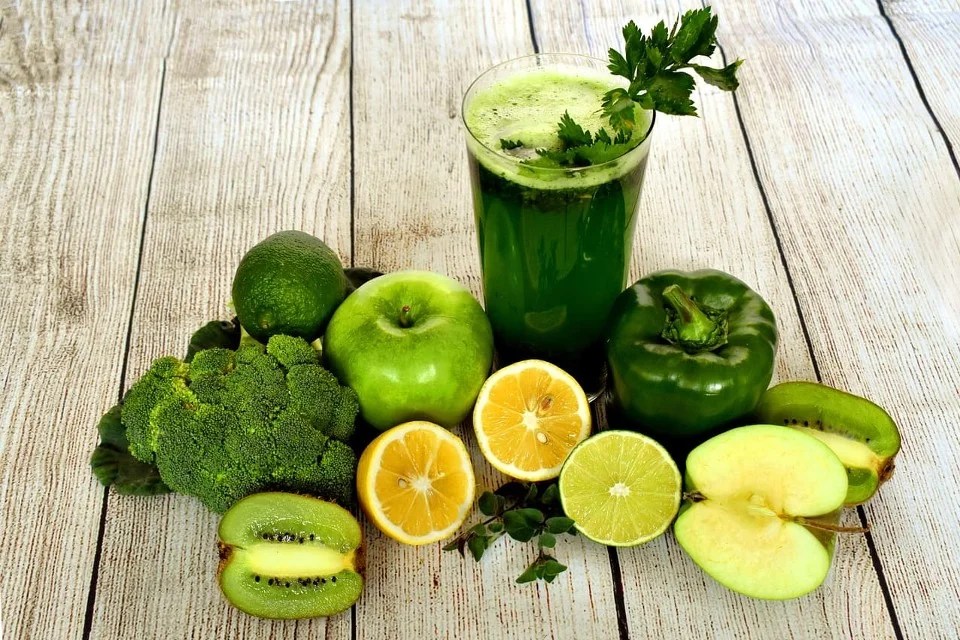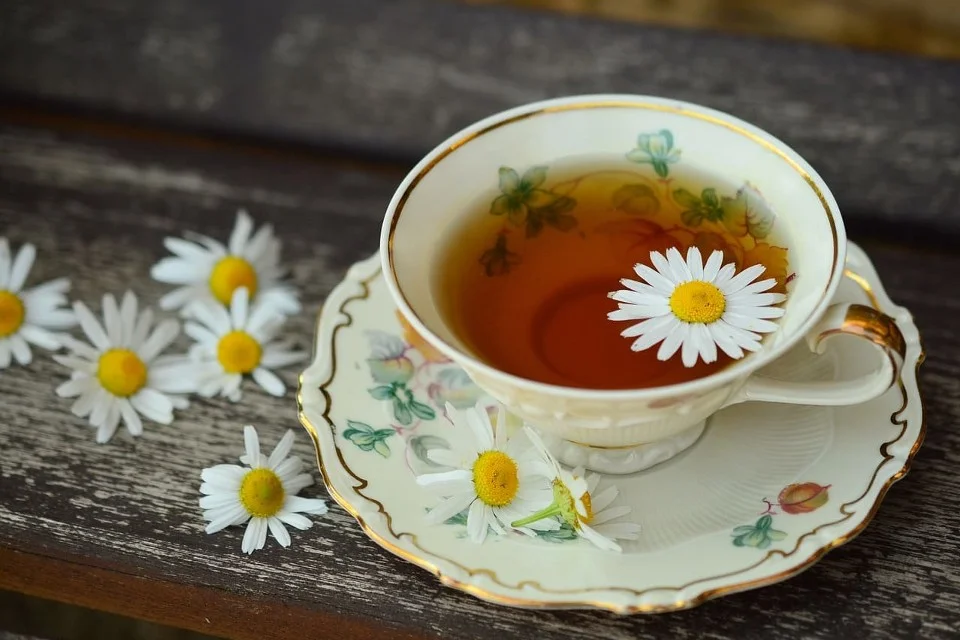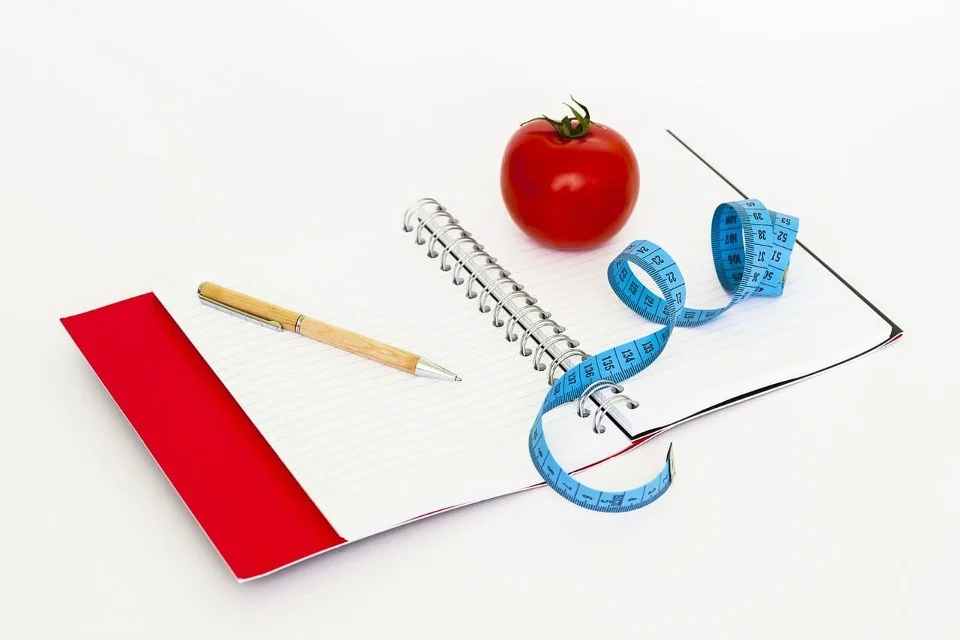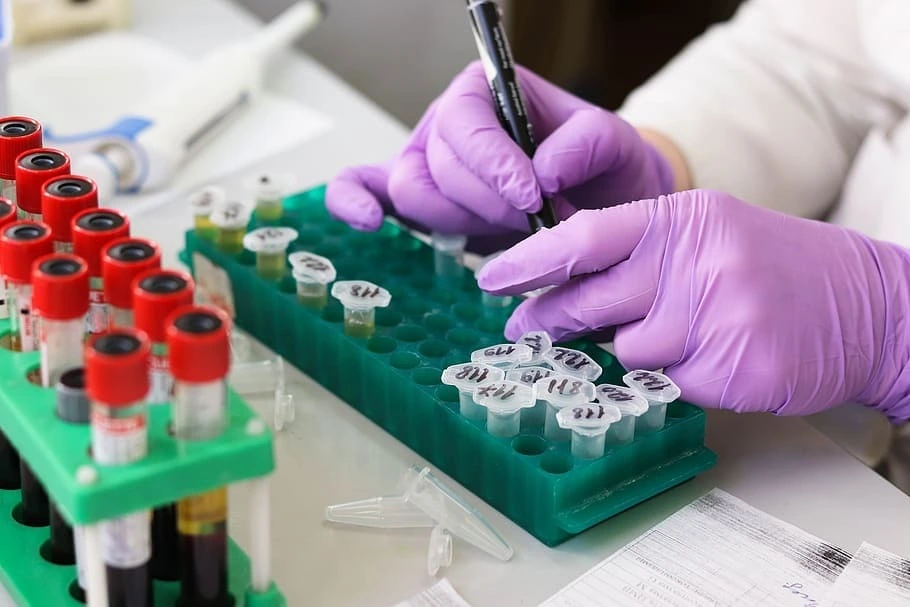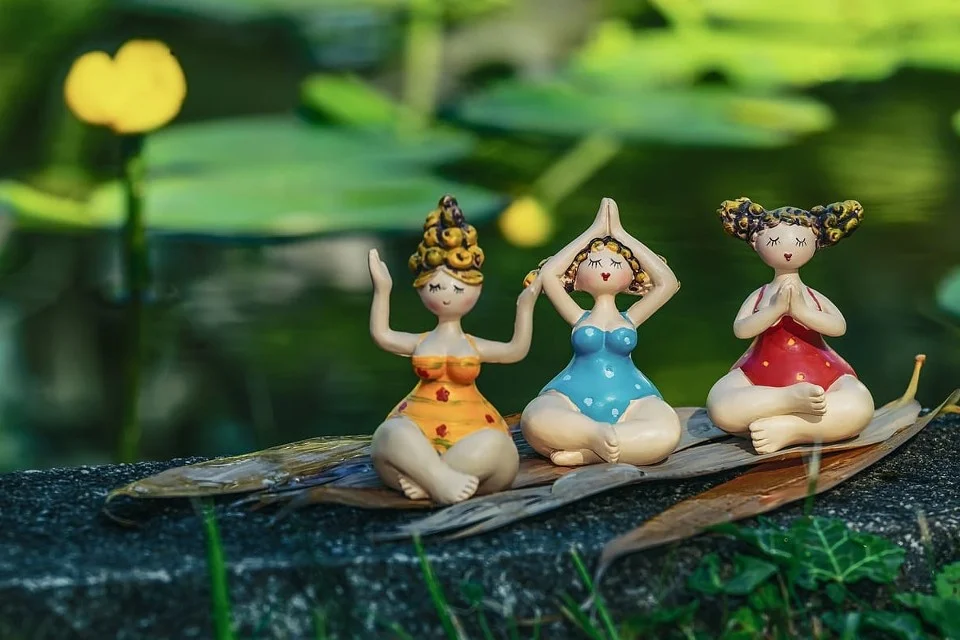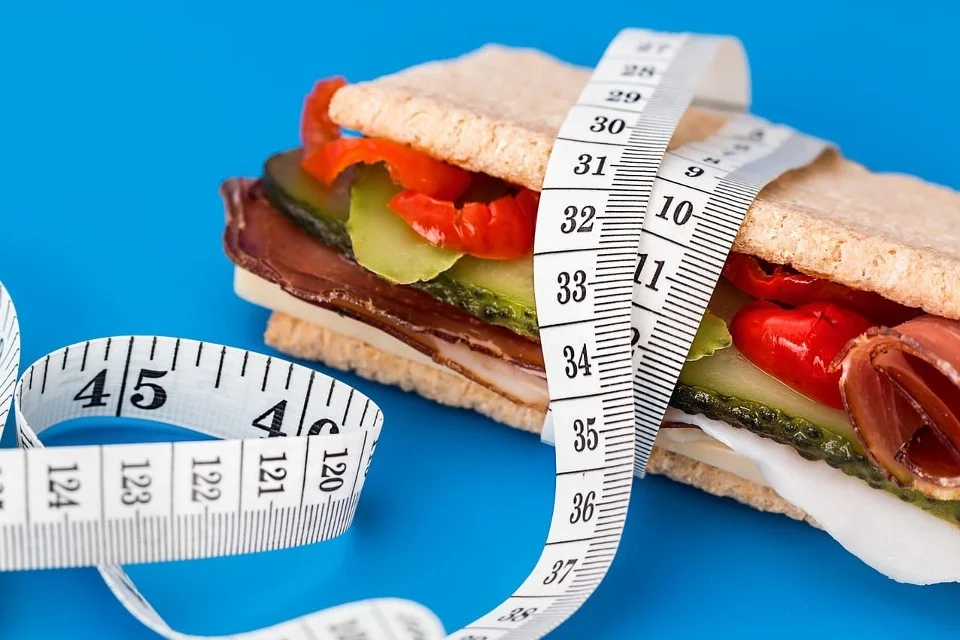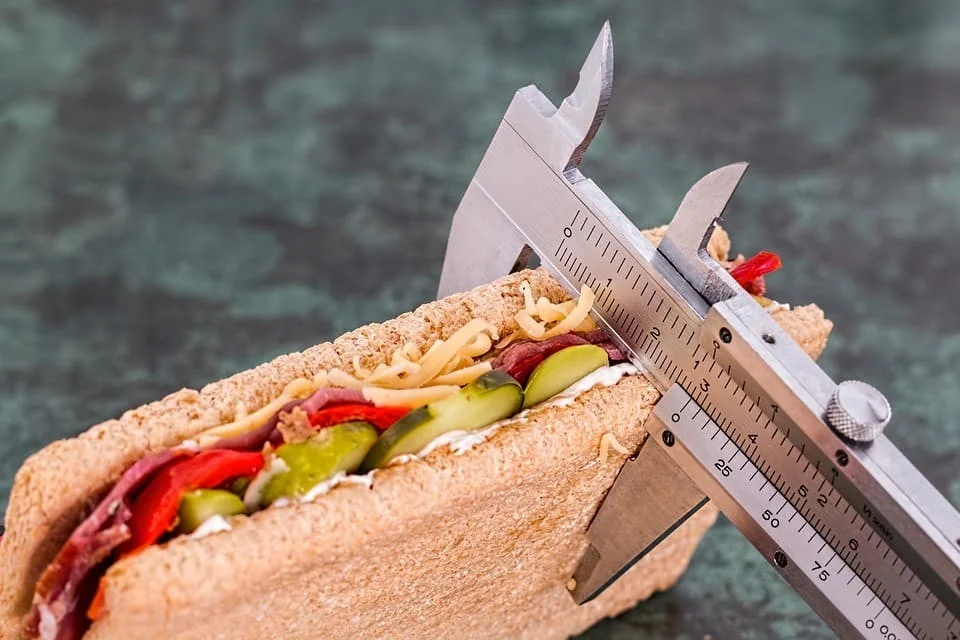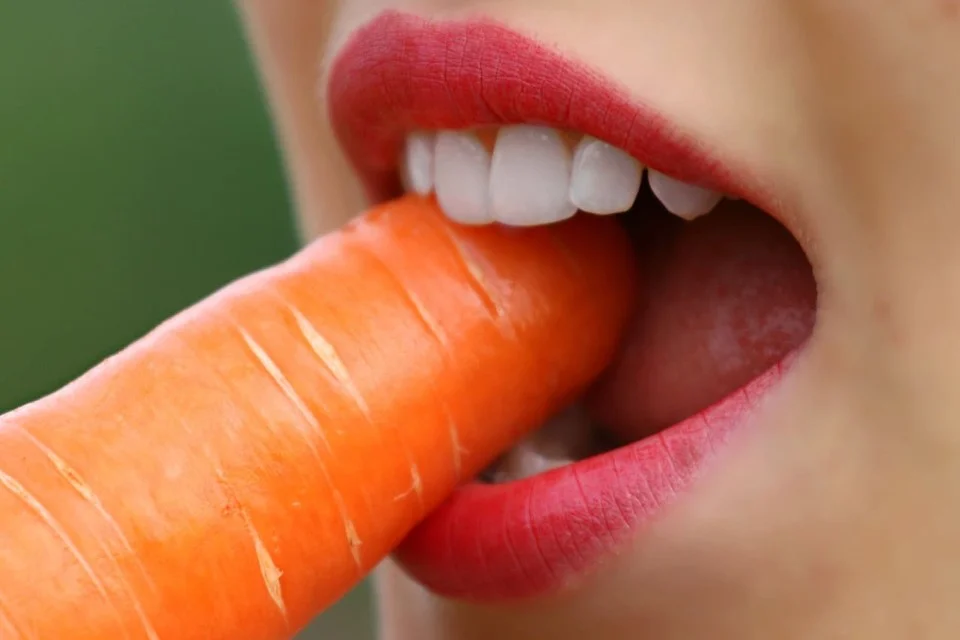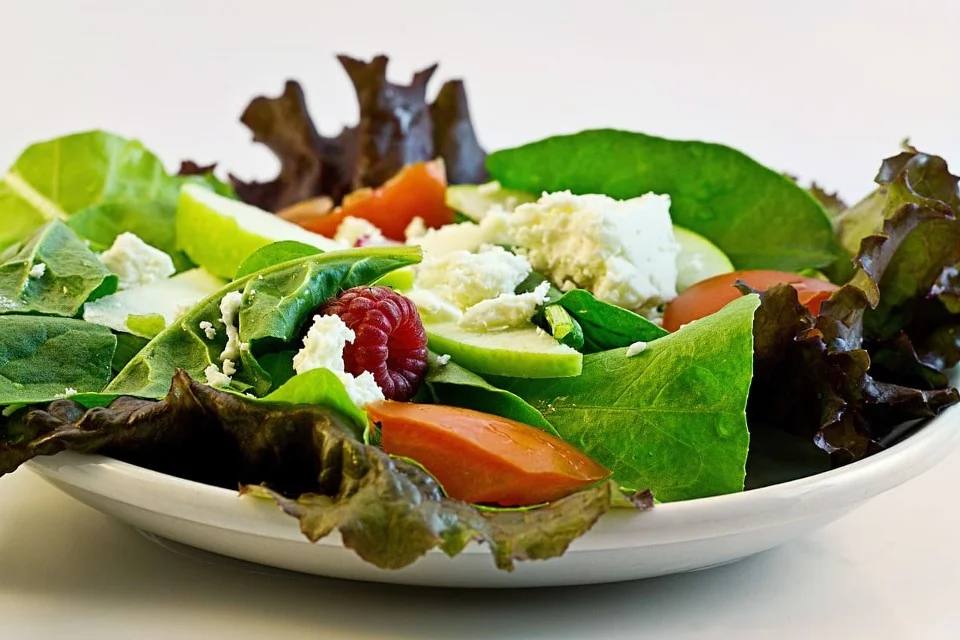How to Use How Much Water Should You Drink s Day
FEATURES
How Much Water Should You Drink in a Day?
Introduction
The essential component of life, water is essential to preserving our health and wellbeing. Although it is commonly known that staying hydrated is important, it is still unclear how much water is appropriate to drink each day. This post will discuss the variables that affect each person's need for hydration and offer suggestions for figuring out how much water is best for you to maintain your body's operations.
The Fundamentals of Hydration:
Water is necessary for many body processes, including as digestion, waste removal, temperature regulation, and nutrient absorption. A person's specific demands for water can change depending on their age, weight, activity level, climate, and general health. It's essential to comprehend these elements in order to customize your hydration practices to your unique requirements.
Generally speaking:
Although there isn't a universally applicable solution for the optimal daily water intake, health authorities frequently offer broad recommendations. A daily water intake of roughly 3.7 liters (125 ounces) for males and 2.7 liters (91 ounces) for women from all liquids and foods is recommended by the National Academies of Sciences, Engineering, and Medicine. This encompasses the water found in tea, coffee, and milk as well as the moisture level of food.
Individual Variations:
Age, weight, and physical activity are among of the variables that affect an individual's hydration requirements. For example, those who exercise vigorously or are athletes may need to drink more water to make up for the extra fluid they lose via perspiration. Women who are nursing or pregnant, as well as individuals who live in warm, muggy weather, could also require consuming more water.
Listen to Your Body:
Paying attention to your body's needs for hydration is one of the best ways to determine how much water you need. Drink water when you're thirsty since thirst is your body's natural way of telling you when it needs more fluids. Furthermore, pale yellow urine typically indicates appropriate hydration. Urine color can also be a useful sign of hydration.
Diet and Hydration:
The food you eat contributes to your daily water consumption. Particularly high in water content are fruits and vegetables, which aid in maintaining general hydration. Consuming foods high in water content, such oranges, cucumbers, and melons, will help you stay hydrated in addition to drinking water.
Things Affecting Hydration Needs:
A variety of things may impact each person's hydration requirements. Drugs, ailments, and specific medical conditions can all raise the need for water. Children, elderly people, and pregnant women may also need to pay more attention to their hydration needs. In these circumstances, it's best to speak with a healthcare provider if you're unsure about your hydration requirements.
Keeping a Balance:
It's critical to avoid overhydrating in addition to making sure you stay hydrated. Hyponatremia, or consuming too much water, can cause an electrolyte imbalance in the body. Aim for a balance that suits your unique demands, taking into account things like your level of physical activity, the weather, and your general health.
Conclusion:
Knowing the appropriate daily water intake is essential to achieving good health. While broad recommendations offer a place to start, your specific hydration requirements are mostly dependent on a number of individual circumstances. Pay attention to your lifestyle, pay attention to your body, and work to strike a balance that allows you to stay sufficiently hydrated. You can walk the path to a well-hydrated and healthy you by tuning into your body's signals. Hydration is a personal journey.
TOOLS
How Much Water Should You Drink in a Day?
FAQ
As a general guideline, you should aim to consume half an ounce to an ounce of water per pound of body weight each day. If you are engaged in non-strenuous activities, it is advised that you drink 100 ounces of water, for instance, if you weigh 200 pounds.
Mass. One factor that alters how much water you should be drinking is your weight. U.S. News & World Report provides the following rule-of-thumb equation that can assist you in establishing a baseline. To put it briefly, the formula instructs you to calculate half of your body weight in ounces of water.
How many drinks a day should I have? An adult in good health need 35 milliliters of water per kilogram of body weight every day. At least in accordance with the broad recommendations made by scientific associations. 50 kg of weight requires 1.7 liters, 60 kg takes 2.1 liters, 70 kg requires 2.4 liters, and 80 kg requires 2.8 liters.
Excretion of solute-free water occurs when the daily fluid intake exceeds 500 milliliters. It is more than sufficient to consume the 3,000 milliliters of fluid per day that are advised for males and 2,200 milliliters for women.
According to the U.S. National Academies of Sciences, Engineering, and Medicine, a man should consume approximately 15.5 cups (3.7 liters) of fluid each day. About 2.7 liters, or 11.5 cups, of fluid each day for women.
A more methodical approach would be to drink one liter of water for every 25 kg of body weight. For example, if you weigh 50 kg, you should drink about two liters of water a day, and if you weigh more than 75 kg, you should be drinking almost three liters.
Eight glasses of water are equal to two liters (0.5 US gal). Having a bottle that size could make it easier for you to remember to get adequate water each day. Put water in an empty 2-liter drink bottle and store it in your refrigerator. Throughout the day, finish the contents of the bottle of water.
Although the recommended daily intake of water is still up for debate (drinking too much can have negative health effects), most studies indicate that consuming 3–4 liters of water will improve your immune system, heart health, and skin tone.
Reviews
Ratings Summary:
Average Rating: 4.8
Rating Count: 12456
Existing Reviews
John Doe
Rating: 4
Great product, highly recommended!
Jane Smith
Rating: 5
Amazing service, will definitely come back.
Simple Water Intake Calculation
Thank you for using our services
If you could share our website with your friends, that would be a great help
